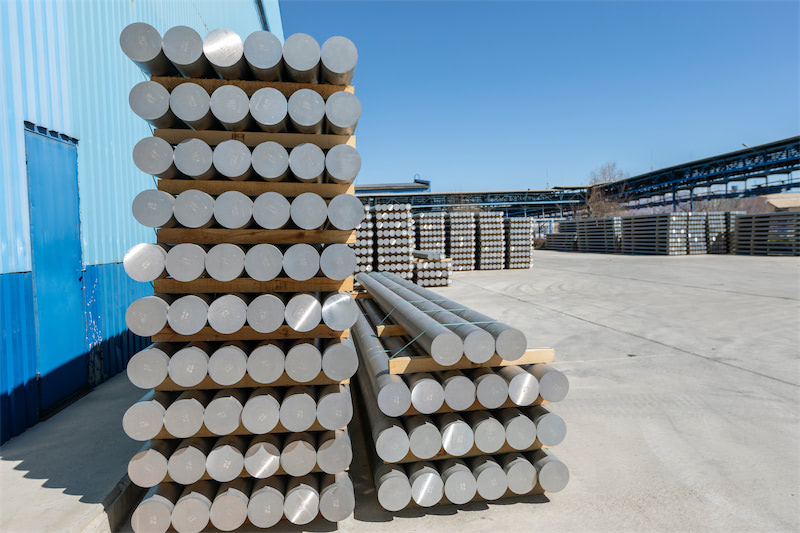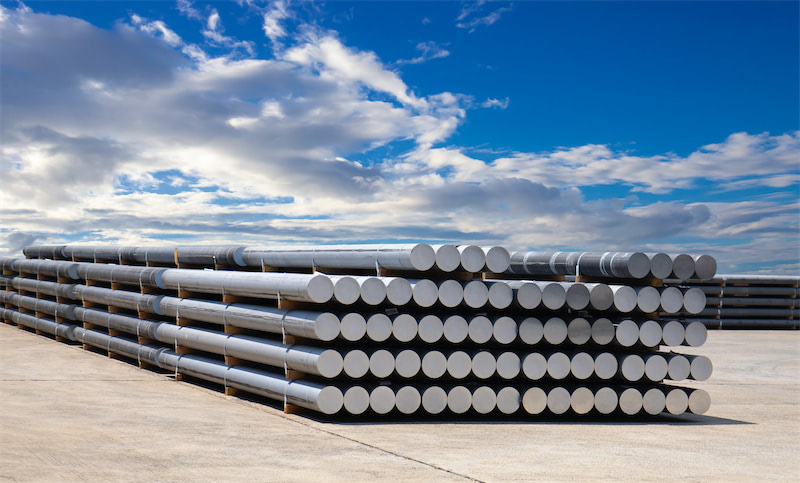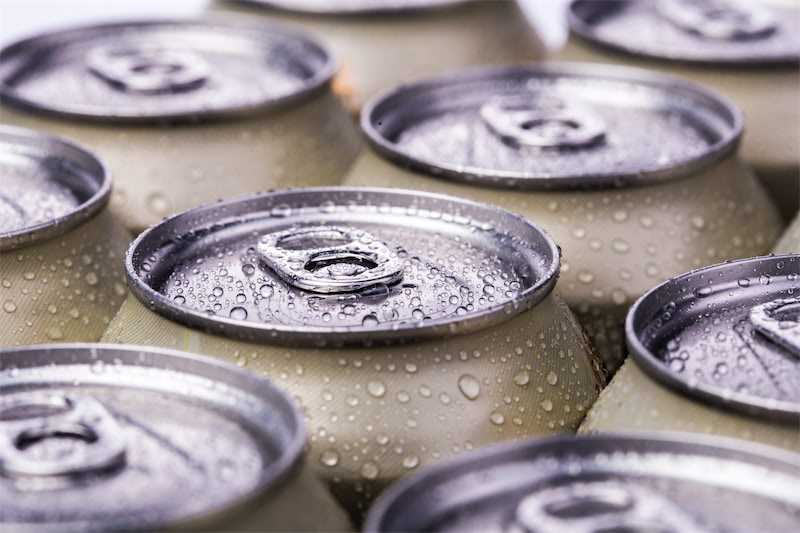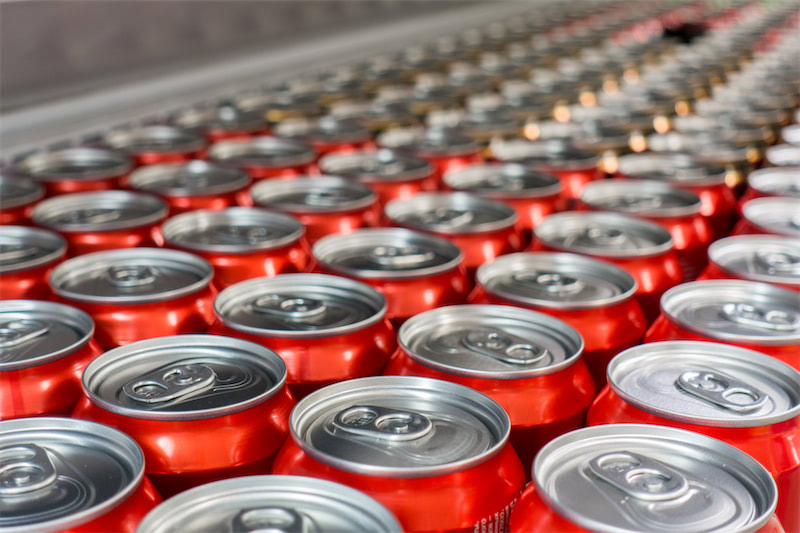According to foreign media sources, the Guinean interim government recently asked international mining companies to submit to the government a production plan for refining bauxite into alumina and a timetable for the construction of alumina plants by the end of May this year. This move may speed up the pace of Chinese enterprises to invest in the construction of alumina projects in Guinea.
Guinea is currently the country with the largest bauxite reserves in the world, with the largest alumina bauxite deposit in the world, with bauxite reserves of more than 40 billion tons, accounting for more than 1/3 of the world's total reserves. Among them, the proven reserves exceed 29 billion tons, ranking first in the world. Guinea has long sought to use its mineral wealth for economic development, and in recent years has repeatedly urged bauxite development companies to commit to building local production facilities to convert bauxite into higher-value alumina. Guinea's interim junta, which came to power in a military coup in September 2021, recently tightened its policy on multinationals and last month suspended all activities at Simandou, the world's largest undeveloped iron ore-rich iron ore, citing slow construction.
At present, the international aluminum giants that have invested in bauxite mining projects in Guinea are Chinalco, Weiqiao Venture Group, Rusal, Alcoa and so on. In addition, Chinese enterprises investing in bauxite in Guinea include Zhonghe in Xinjiang, China Henan International Cooperation Group and Zibo Rendi Aluminum Co., Ltd. However, due to the weak infrastructure and incomplete industrial facilities in Guinea, most enterprises only stay in the stage of bauxite mining, and no enterprises have built alumina plants. However, the aluminum enterprises invested in Guinea already have plans to invest in the construction of alumina plants.
It is reported that in July 2020, the "Feasibility study report on Guinea Alumina Project of Chinalco Hong Kong Co., Ltd." submitted by Shenyang Aluminum and magnesium Design Institute, which is in charge of alumina project design under Chinalco, has been reviewed by relevant experts organized by the Ministry of Geology and Mineral Resources of the Guinean government. At that time, the Guinean government evaluation experts agreed that the report was detailed and well-founded, and was in line with the relevant provisions of the Mining Agreement. In response, Guinean government officials said that Chinalco kept its promise to complete the alumina feasibility study report on time, which is a milestone in the Chinalco project, and the Ministry of Geology and Mineral Resources of the Guinean government, as a technical department, will provide full support for the implementation of the project. At the review meeting of the alumina project report, Chinalco overseas Development Co., Ltd. exchanged views with the Ministry of Geology and Mineral Resources of the Guinean Government on the next step, and both sides agreed to continue to optimize the feasibility study report. through joint efforts to further improve the rate of return of the project and strive for the early landing of the project for the benefit of the Guinean people. Perhaps due to the COVID-19 epidemic and other reasons, the progress of the alumina project has slowed down relative to the planned time.
In addition, the relevant person in charge of the winning alliance last year also said publicly that a large alumina plant with an annual capacity of 1 million tons would be built in Guinea. The winning alliance is led by China Hongqiao, the main listed company of the aluminum and electricity plate under Weiqiao Venture Group, jointly established by the three Kingdoms and the four parties. Among them, China Hongqiao leads the mining, Guinea UMS Transportation Company is responsible for land transportation, Yantai Port Group takes advantage of port shipping, responsible for land-to-port transportation of bauxite after it arrives in Shandong Province, and Singapore Weili Group, which has rich shipping experience, is responsible for shipping from Guinea to Yantai Port. It is reported that the winning alliance has invested more than 3 billion US dollars in Guinea, and its bauxite development project in Guinea is currently the largest bauxite project in Africa. According to statistics, so far, all the projects of the winning League in Guinea account for about 10% of Guinea's GDP.
It can be seen that China's investment in bauxite enterprises in Guinea has already had the actual action and willingness to build alumina plants.
The practice of the Guinean interim government requiring international mining enterprises to build alumina plants is in fact similar to the mining ban in Indonesia a few years ago, in order to reduce the export of bauxite resources, extend the aluminum industry chain, and increase the added value of aluminum products. in order to help the development of the local aluminum industry and enhance economic strength. For most aluminum enterprises in China, the requirements for the construction of alumina plants in Guinea may have been expected.
After the introduction of the mining ban in Indonesia, the speed of Chinese enterprises to invest in the construction of alumina plants in Indonesia has been significantly accelerated. Among them, the industry is most concerned about the alumina project of Weiqiao Venture Group and Hangzhou Jinjiang Group in Indonesia. On October 3, Chinese President Xi Jinping and Indonesian President Susilo Bambang Yudhoyono jointly witnessed the signing of Weiqiao Venture Group's investment in alumina projects in Indonesia. The project is jointly funded by Weiqiao Entrepreneurship Group and Indonesia's Khalida Company, with a production capacity of 2 million tons. This is also the first large alumina production enterprise in Indonesia. On the same day, in the presence of President Xi Jinping and President Susilo Bambang Yudhoyono, Hangzhou Jinjiang Group Co., Ltd. and Indonesia's West Kalimantan Province also successfully signed a series of investment cooperation agreements, including the construction of an alumina project with an annual capacity of 1.5 million tons. Now all these projects have been put into production. In addition, the alumina projects built by Chinese enterprises in Indonesia include the alumina project with a production capacity of 2 million tons built by Shaanxi Nonferrous Metals holding Group Co., Ltd. By the end of 2021, Chinese enterprises have about 6 million tons of alumina production capacity in Indonesia and Jamaica.
It can be seen that at present, the trend of Chinese enterprises to invest and build alumina projects abroad has become popular. The requirements of the construction of alumina plant in Guinea echoes the international production capacity cooperation strategy of China's aluminum industry, and it will also accelerate the pace of "going out" of China's alumina production capacity.



